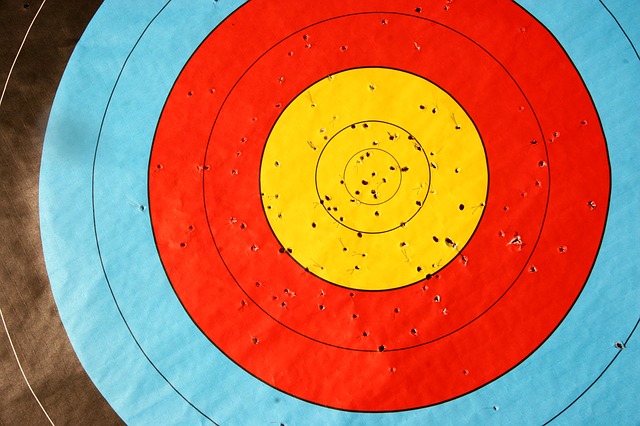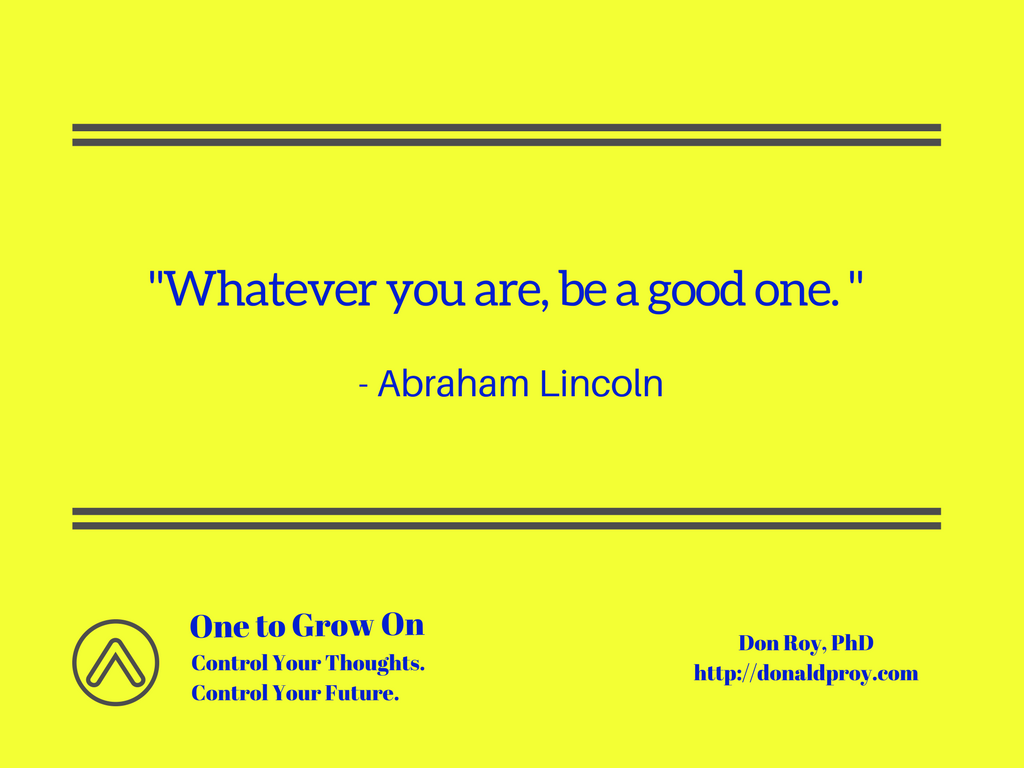Do you remember the first job you dreamed about having? It may be far removed from where you find yourself today. My mother told me the first job I expressed admiration for was garbage man when I was four-years old. The first job I recall saying I wanted to have was driver of a Coca-Cola truck. The big, red truck that rumbled down our street every afternoon on the way to the Coke warehouse captivated me—I wanted to be in the driver’s seat!
My interest in garbage collection and truck driving waned. In its place I developed an interest in marketing. The way I came to it was unusual. As a teenager, I often skimmed the help wanted ads in the newspaper. The practice started by chance (I think the classified ads followed the sports section). The number of ads for sales and marketing jobs caught my attention even though I was not a job seeker. I asked my father why there were so many ads for these positions. He pointed out that no matter what a business did or made, it had to be sold. Sounded like job security to me!
Today, I am still in marketing, having spent more than 35 years learning, working, and teaching in the field. The last 18 years have been in higher education as a professor, a far cry from the garbage man or truck driver I envisioned for my career as a young boy.
Your Choice
As a new academic year begins for me, I am keeping a quote by Abraham Lincoln in mind. My goal is for this year to be the best ever in my higher ed career. A lofty outcome, for sure, and one that will only be reached by striving each day to be good at what I do. It will not hinge on one event or project, but small actions I take to become a better teacher, researcher, and colleague. Lincoln’s words offer encouragement on two fronts:
- You can choose “whatever you are.” While I drifted away from my aspirations to be a garbage man or Coca-Cola truck driver, we desperately need people to take on those roles. Moreover, you can be happy regardless of what you choose to do for work. I am currently reading The Happiness Equation by Neil Pasricha. Early in the book he points out that many of us mistake how to achieve happiness. It is not a linear progression that takes us to happiness. So, instead of this:
Great Work > Big Success > Happy
we need to choose happiness at the outset and go on the journey from there.
Happy > Great Work > Big Success
The good news is we get to choose. Sometimes, we make the wrong choice. If that is your case, choosing happiness first could make it easier to shift the work you do and how you define success.
- You control whether you are “a good one.” Note that Lincoln does not say we must “be the best” or “rise above everyone else.” We only need to be good at what we do. Why is that important? I believe many people fall in the trap of comparing themselves to others and feeling so inferior that it paralyzes them. “Why bother blogging or building an online presence, I will never be like Seth Godin (or whoever the people are that are the stars of your field).” These far out comparisons do nothing to help us. They hurt us by discouraging action and in turn, improvement. Not only will we not become the best, but we hurt our chances of being as could as we could be.
Get Started
The opportunity create value for the audience I serve does not require me to be the best at what I do. Students do not care how many research articles I publish or in which journals my research appears. The number of blog posts written or Twitter followers gained are not indicators of being good. Yet, we often chase such vanity metrics as if it was a competition.
Choose to be a good one of whatever you are. It is completely within your control. In order to get to good, step back and ask yourself what behaviors will help move you in that direction. Then, do it!



Thank you for that reminder. That was a favorite quote of Sewell Summers, my husband’s grandfather and has become a favorite of mine. Thank you for the book recommendation as well.